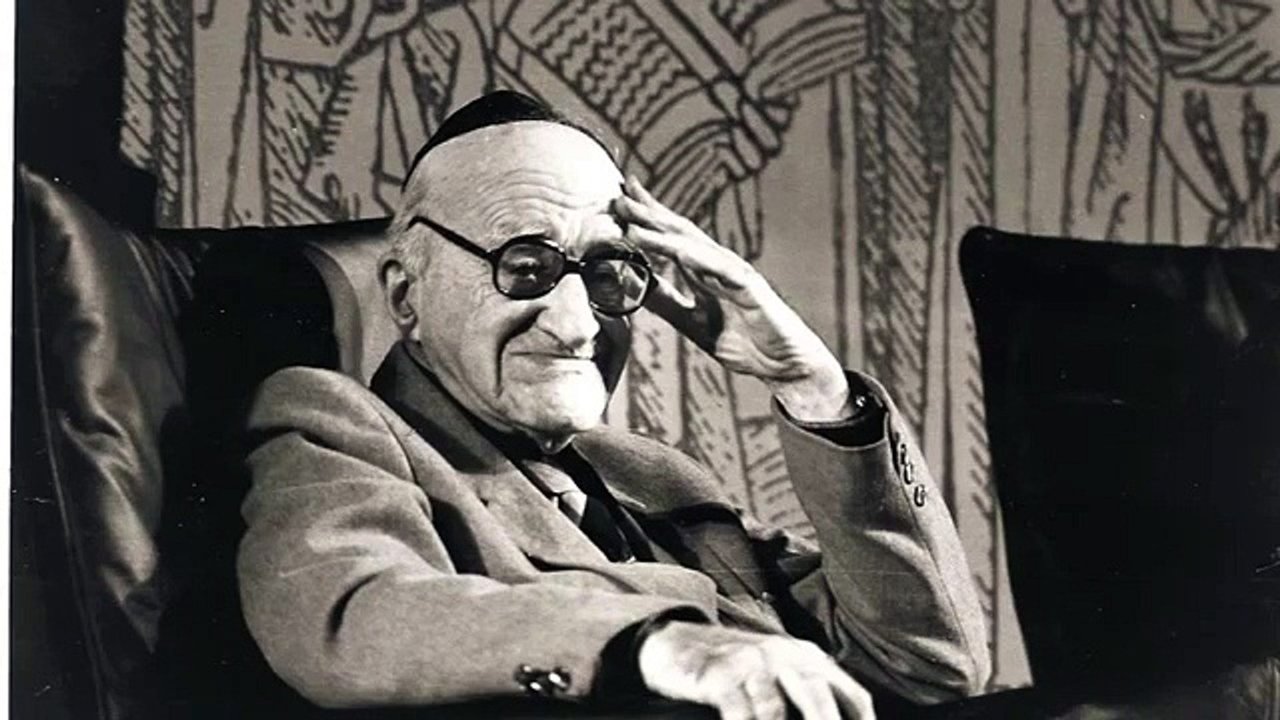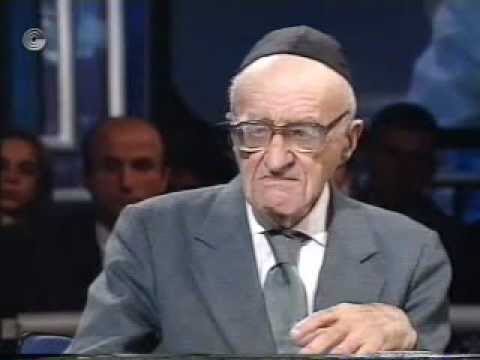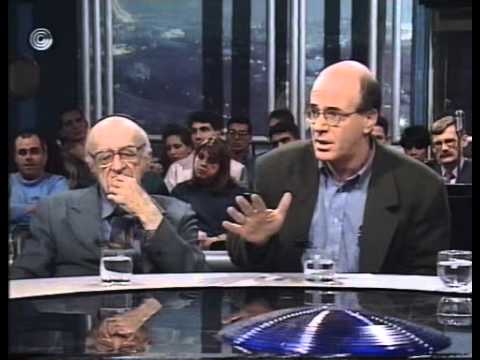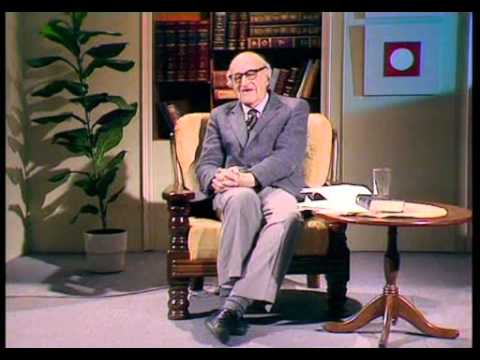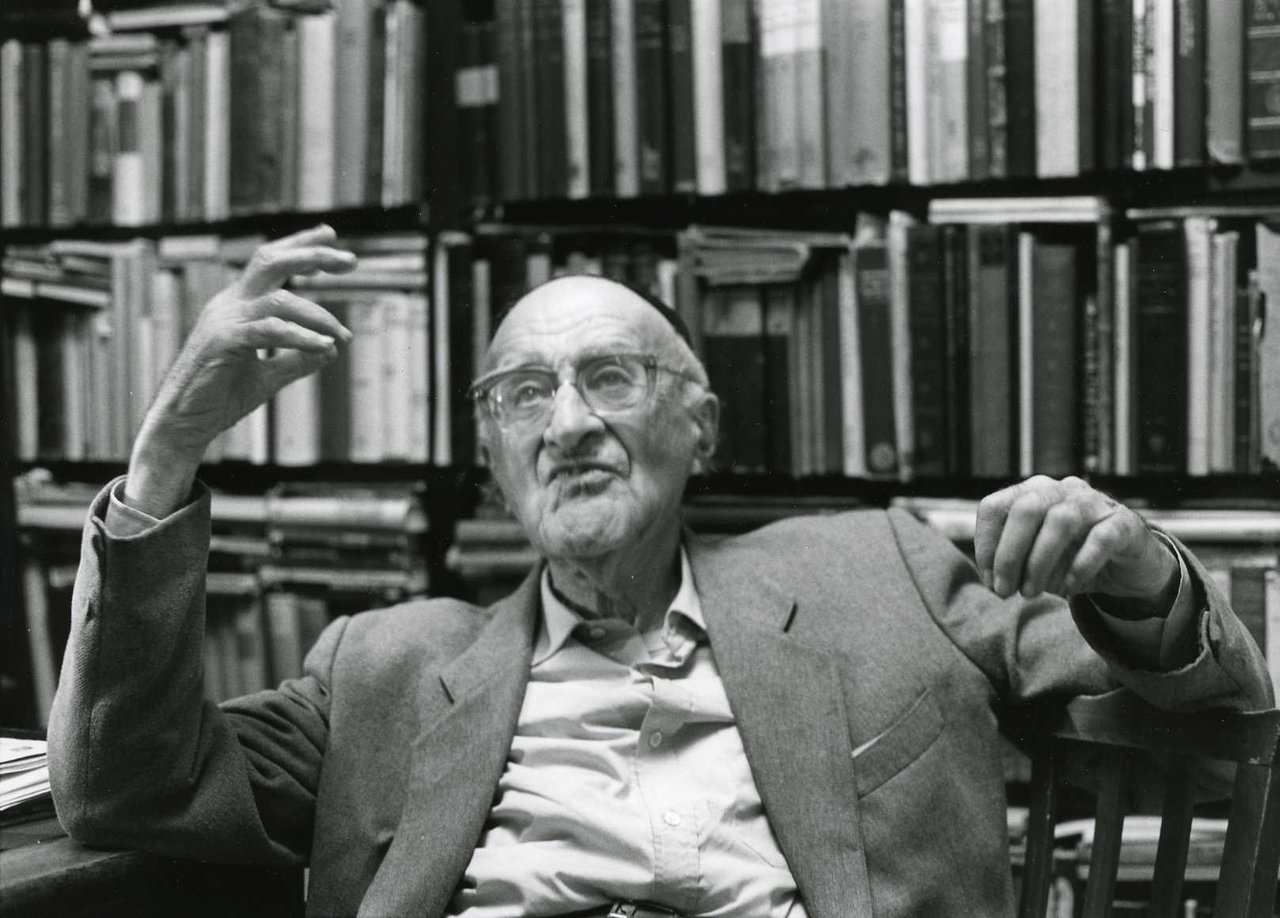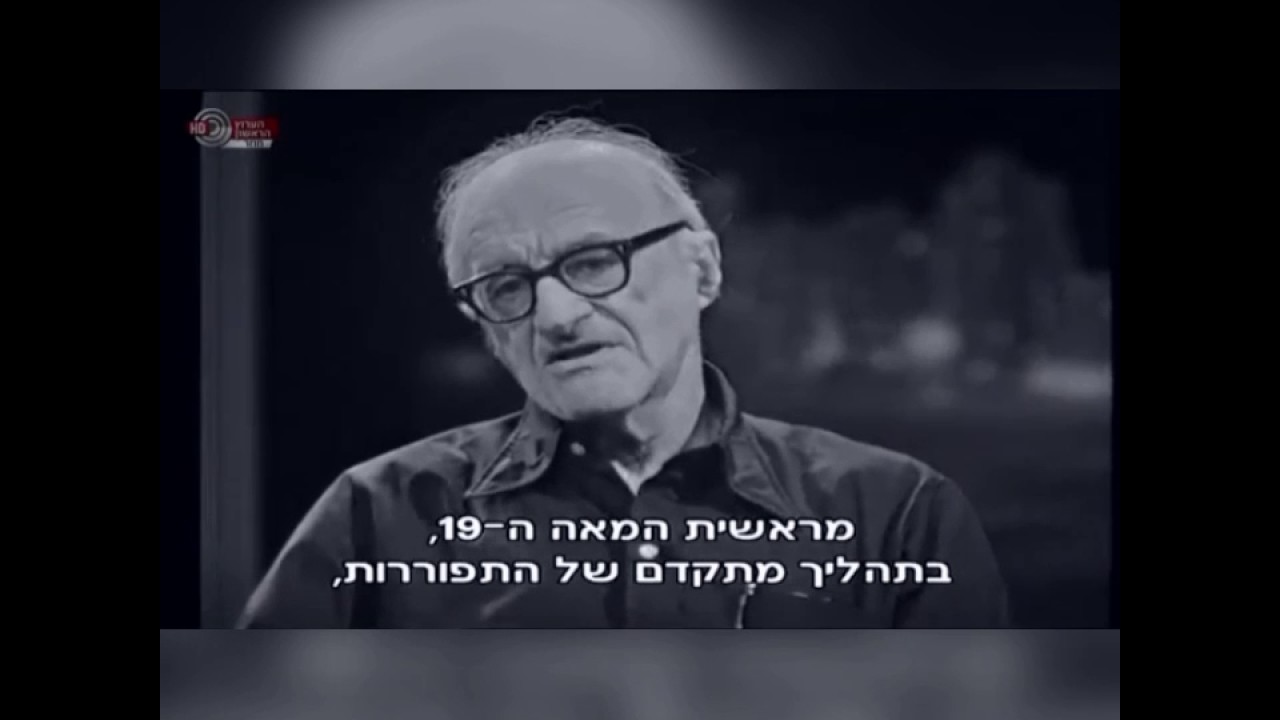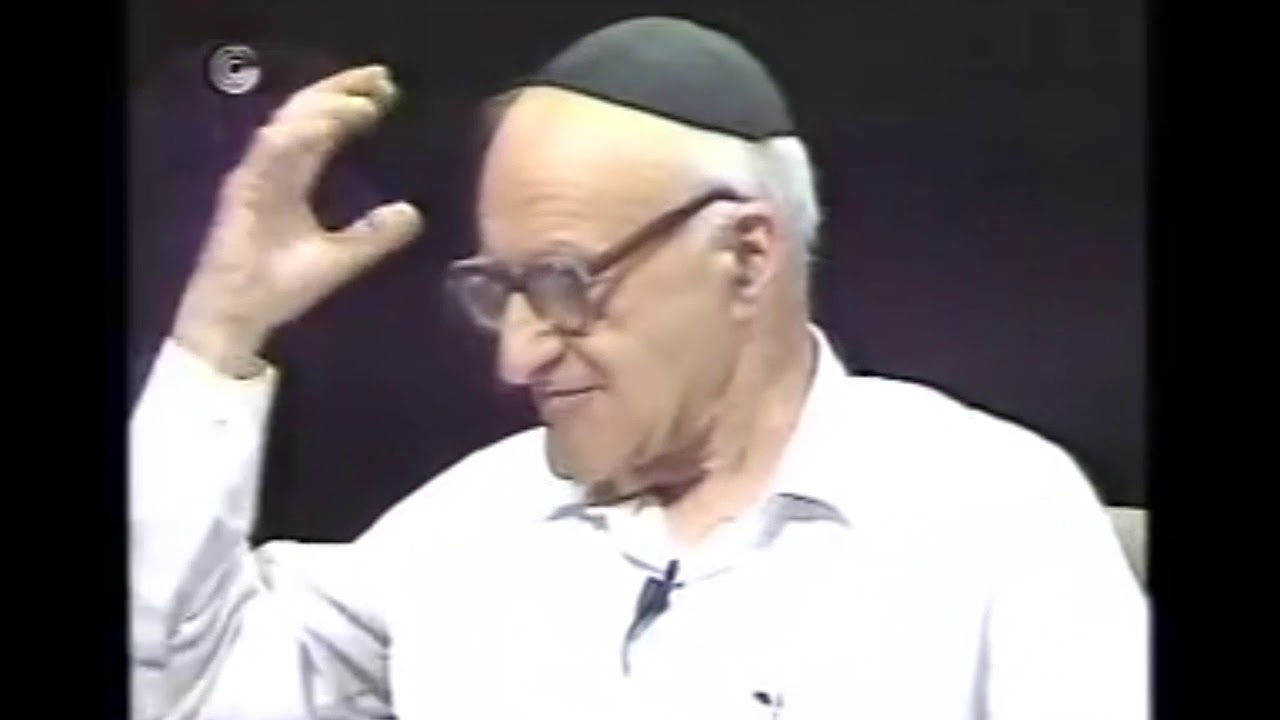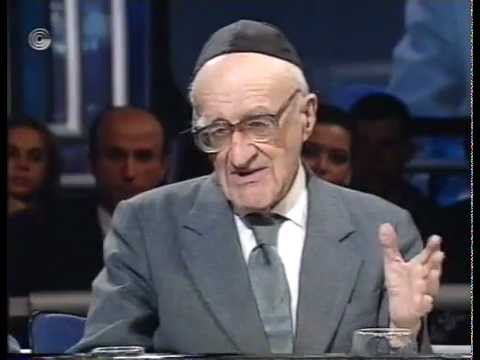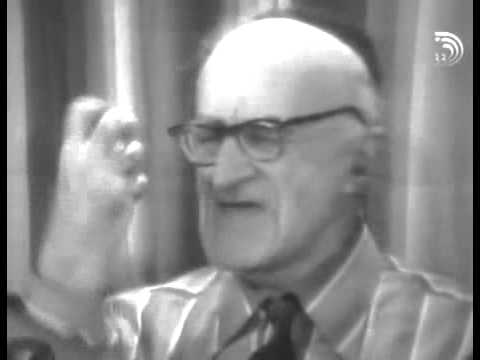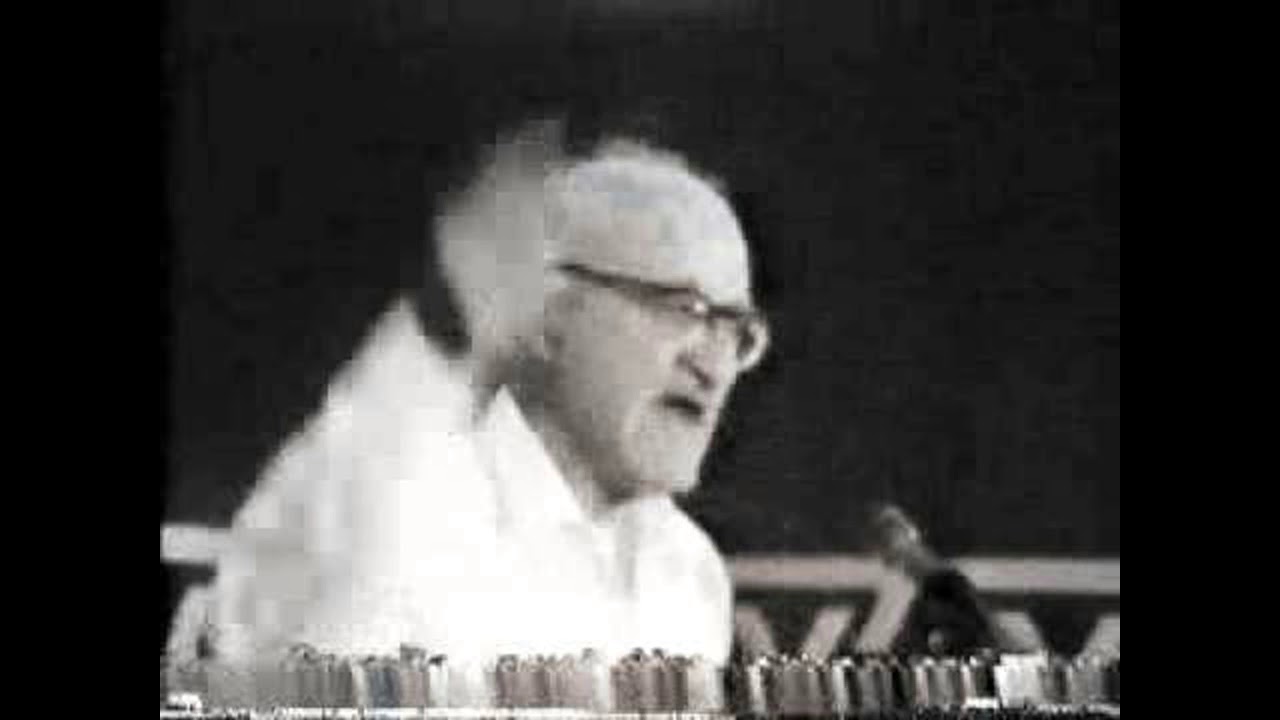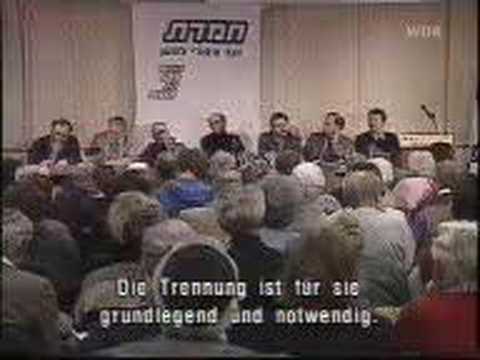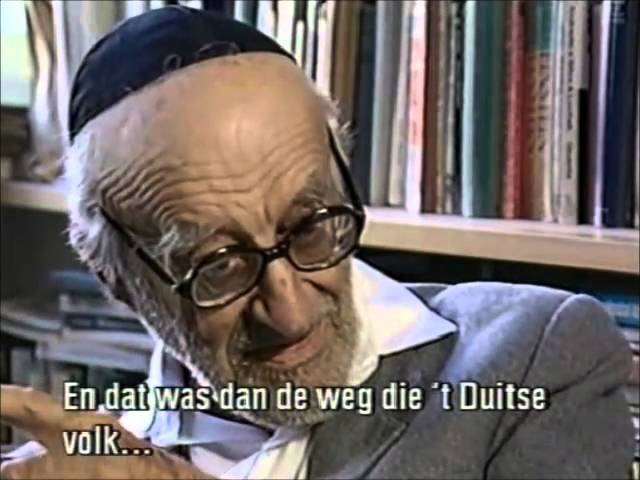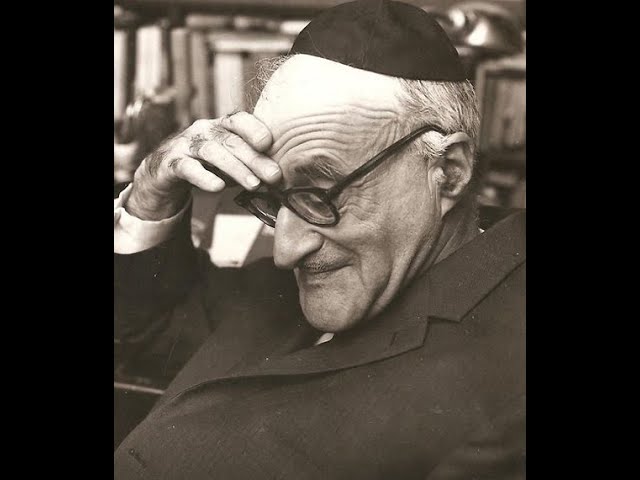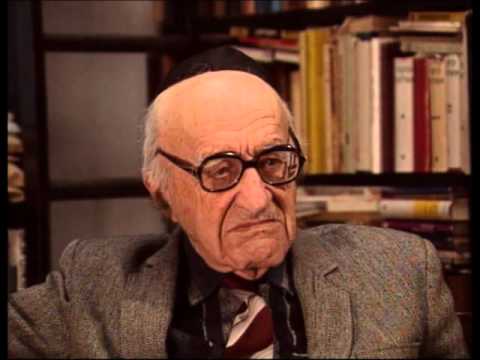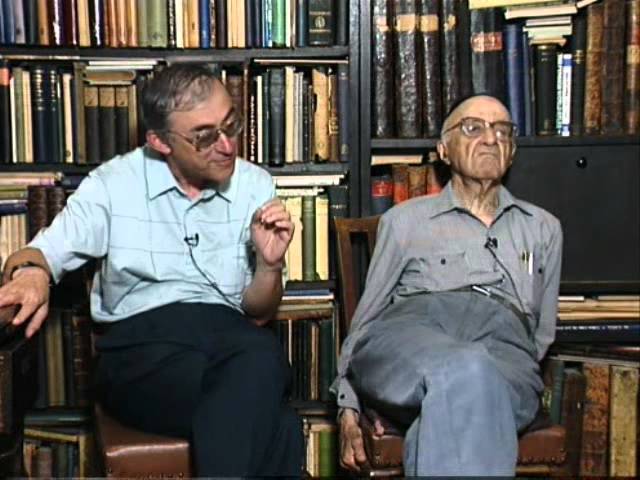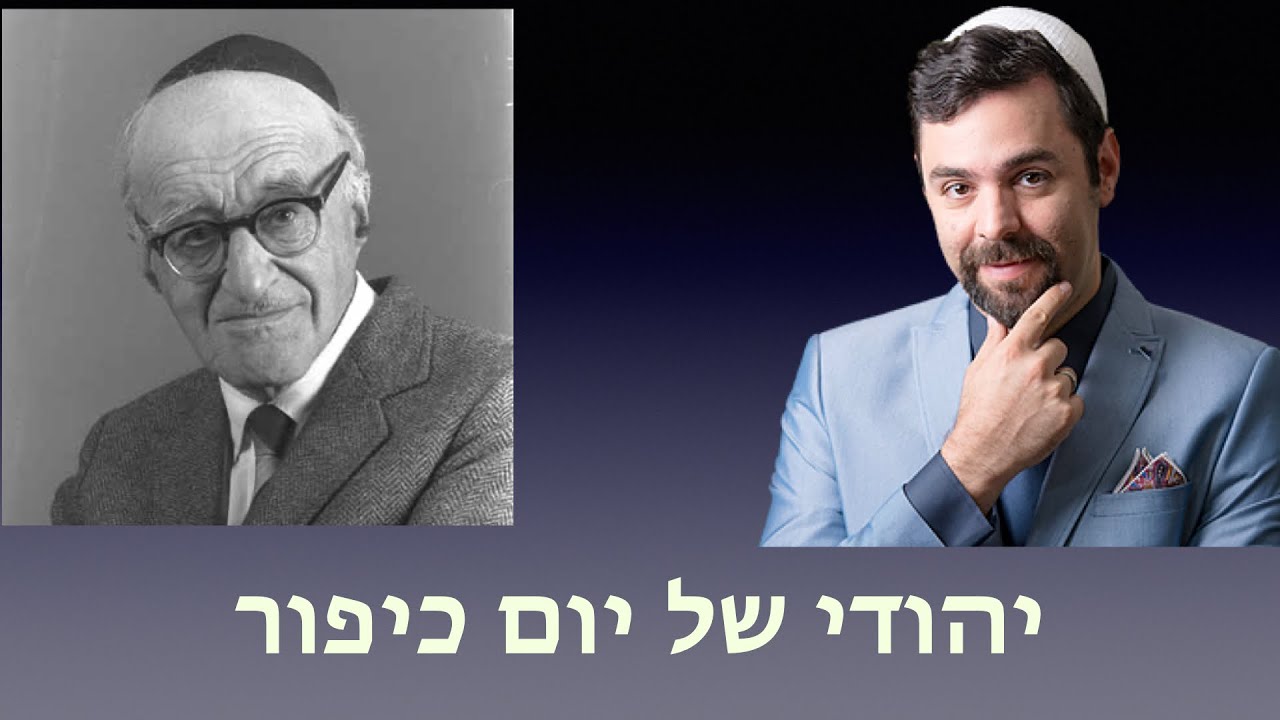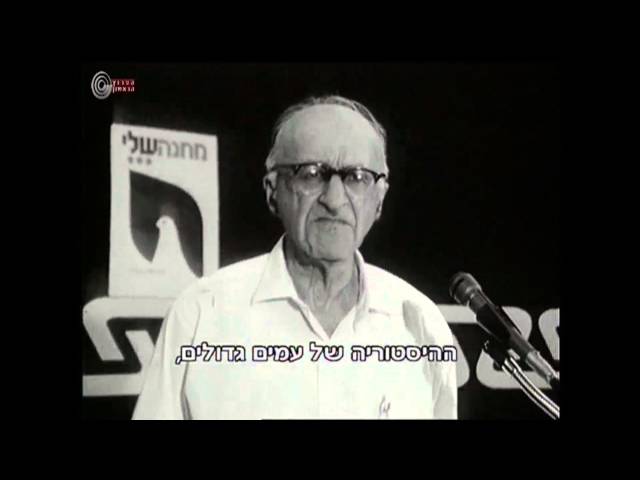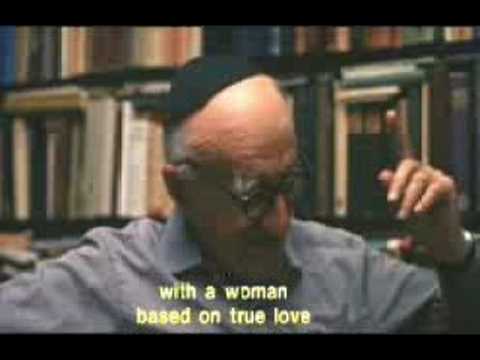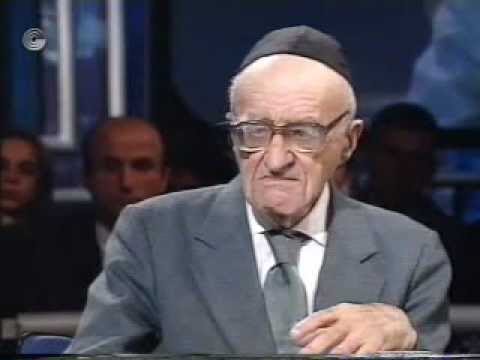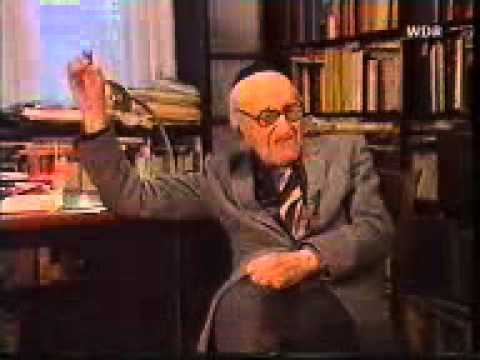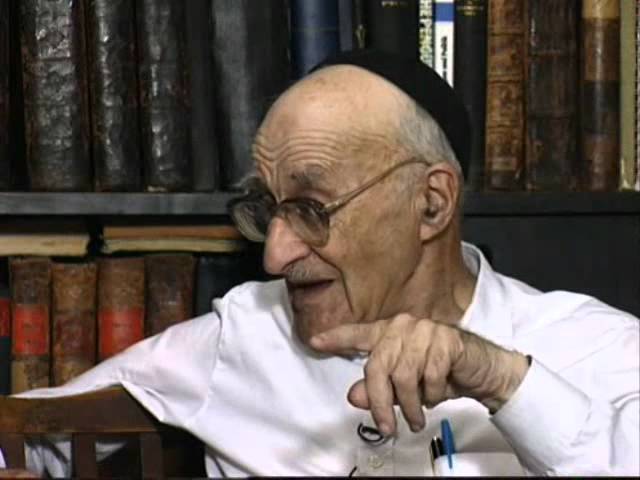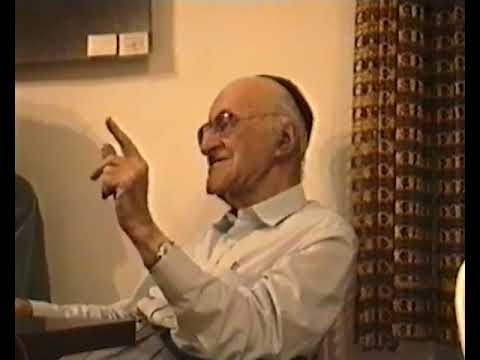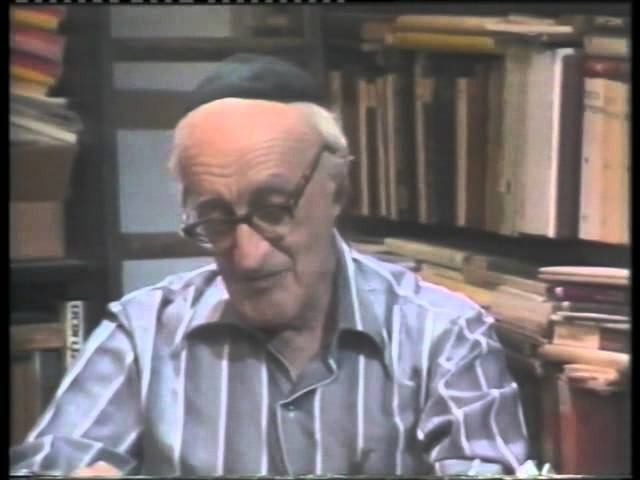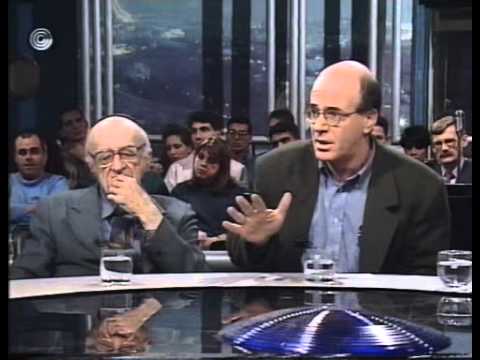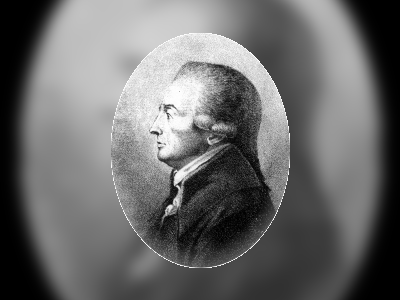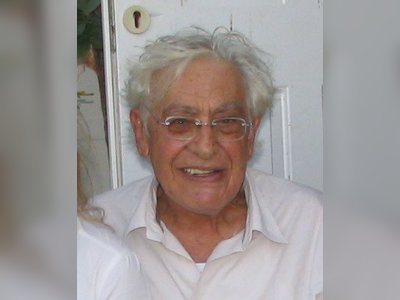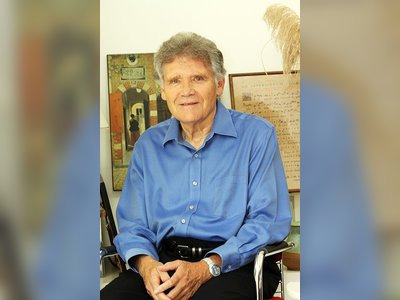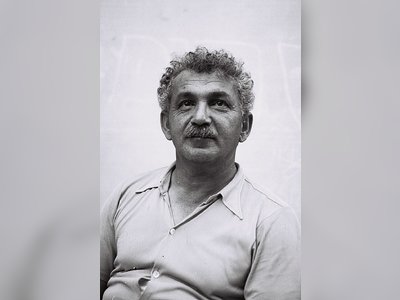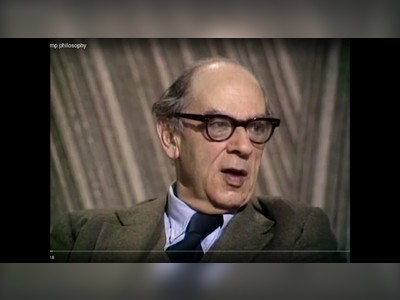מורשת גדולי האומה
בזכותם קיים
beta
Yeshayahu Leibowitz: A Profound Thinker of Israel
Yeshayahu Leibowitz (pronounced: Ley-bo-vitz; born on January 29, 1903, in Riga – passed away on August 18, 1994, in Jerusalem) was a multifaceted figure - a scientist, philosopher, and prominent public intellectual. His impressive academic repertoire included editorship of the Hebrew Encyclopedia, and professorships in biochemistry, organic chemistry, and neurophysiology at the Hebrew University of Jerusalem. Leibowitz was renowned for his sharp critiques of Israeli governments, earning him the moniker "The Angry Prophet of Israeli Society."
Throughout his life, Leibowitz published numerous books and articles, elucidating his philosophical, religious, and political beliefs. Philosophically, his thoughts displayed prominent Kantian foundations.
These Kantian principles were also evident in his approach to the philosophy of science, especially in his belief that the scientific method is contingent on human recognition and his opinion that certain aspects of psychology stand outside the realm of science.
From a religious standpoint, Leibowitz posited that the essence of Judaism lies in its practical commandments, not merely in faith.
He strongly opposed the religious-nationalist view which sanctified concepts like land and nation. Politically, he identified with the left and was an advocate for the separation of religion and state in Israel.
Leibowitz was known for his acerbic style, including his use of radical and provocative expressions, such as his controversial claim that there were "Judeo-Nazis" in Israel. His stances ignited interest among various groups, including those who opposed his views.
These Kantian principles were also evident in his approach to the philosophy of science, especially in his belief that the scientific method is contingent on human recognition and his opinion that certain aspects of psychology stand outside the realm of science.
From a religious standpoint, Leibowitz posited that the essence of Judaism lies in its practical commandments, not merely in faith.
He strongly opposed the religious-nationalist view which sanctified concepts like land and nation. Politically, he identified with the left and was an advocate for the separation of religion and state in Israel.
Leibowitz was known for his acerbic style, including his use of radical and provocative expressions, such as his controversial claim that there were "Judeo-Nazis" in Israel. His stances ignited interest among various groups, including those who opposed his views.
